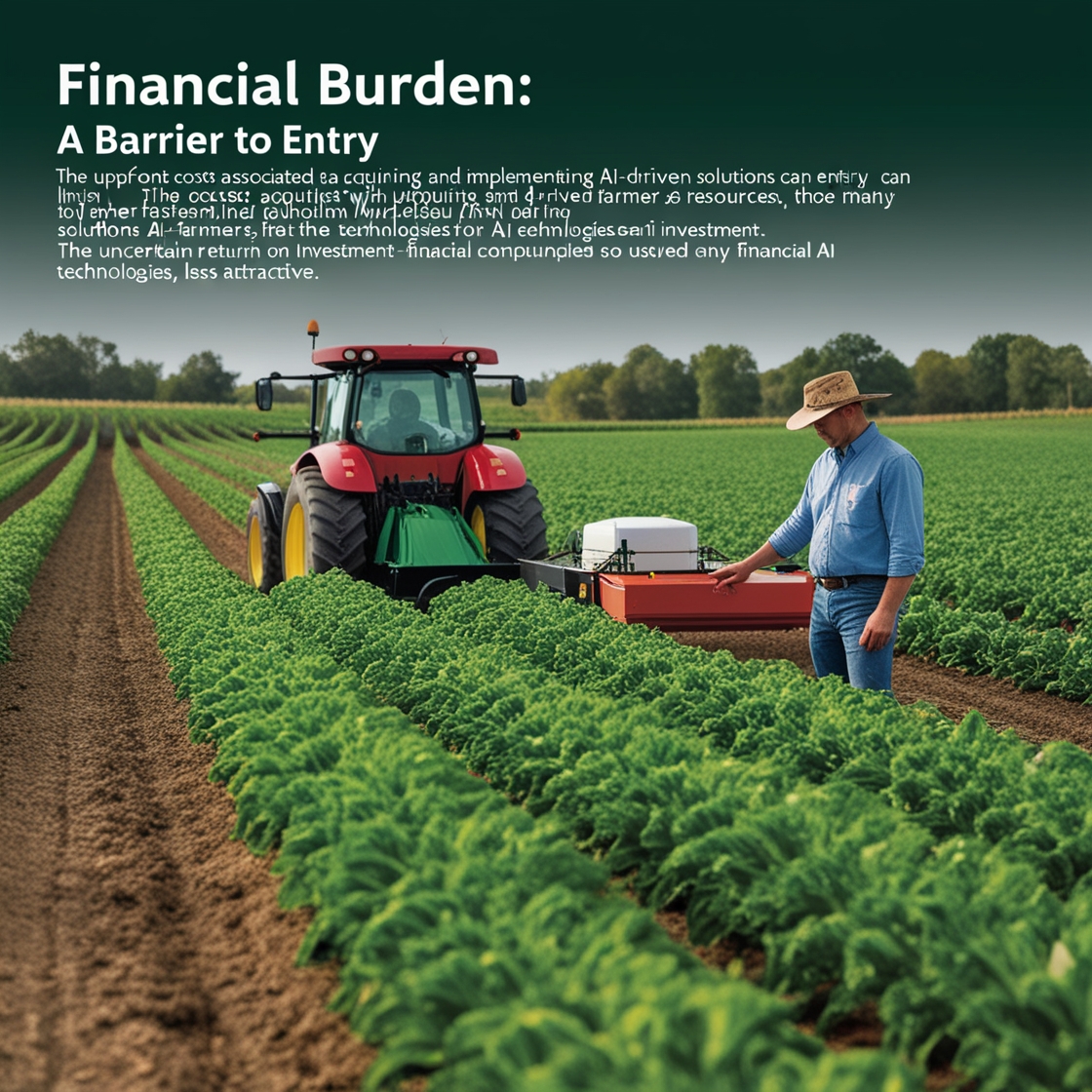Artificial Intelligence (AI) is revolutionizing agriculture, bringing efficiency, precision, and automation to farming practices. By leveraging AI-driven tools, farmers can optimize crop yields, manage resources more effectively, and reduce environmental impact.
Explores the top 10 advantages of AI in agriculture and why adopting these technologies is crucial for the future of farming.
AI in Agriculture
How AI is Changing Agriculture
AI is playing a significant role in modernizing agricultural practices by integrating technologies such as:
- Machine Learning (ML) for data-driven decision-making.
- Computer Vision for monitoring plant health.
- Agricultural Robotics for automation in harvesting and planting.
- AI-driven Weather Forecasting for better climate adaptation.
These technologies help farmers increase productivity, reduce costs, and improve sustainability.
Top 10 Advantages of AI in Agriculture

1. Precision Farming & Data-Driven Decisions
AI enables precision farming by using sensors, drones, and big data analytics to collect real-time insights on soil health, crop growth, and weather patterns. Farmers can:
- Optimize seed planting patterns.
- Apply fertilizers with pinpoint accuracy.
- Reduce resource wastage and maximize yield.
2. AI-Powered Crop & Soil Monitoring
AI-driven soil sensors analyze nutrient levels and soil conditions to provide real-time recommendations for farmers. Tools like IBM Watson Agriculture use AI to enhance soil fertility monitoring, ensuring optimal crop health.
3. Smart Irrigation & Water Management
AI optimizes water usage through smart irrigation systems, reducing wastage and ensuring crops receive adequate hydration. Technologies like Google’s DeepMind AI and John Deere’s precision irrigation tools help conserve water while maintaining healthy crops.
4. Automated Pest & Disease Detection
AI-powered drones and computer vision technology detect plant diseases and pest infestations early, reducing crop loss and minimizing pesticide use. Tools like Plantix AI analyze plant images to diagnose issues instantly, enabling prompt intervention.
5. Agricultural Robotics & Automation
AI-driven robots automate labor-intensive farming tasks like:
- Harvesting and sorting crops.
- Planting seeds with high accuracy.
- Reducing reliance on manual labor and increasing efficiency. Companies like Blue River Technology are pioneering AI in robotic weed control.
6. AI-Driven Weather Forecasting
AI-based climate prediction models analyze historical and real-time weather data to help farmers prepare for unexpected climate changes. AI tools predict droughts, heavy rainfall, and temperature shifts, allowing proactive planning.
7. Yield Prediction & Market Insights
AI analyzes vast datasets to accurately forecast crop yields and provide market insights. This helps farmers plan production, avoid overproduction, and maximize profits. Agro AI platforms predict commodity price trends based on supply-demand analytics.
8. AI in Livestock Management
AI-powered monitoring systems track animal health, behavior, and nutrition, ensuring early disease detection and optimal feeding strategies. Idaho-based Cargill AI uses facial recognition for cattle health monitoring.
9. AI and Sustainable Agriculture
AI promotes eco-friendly farming by minimizing chemical usage, optimizing resource allocation, and reducing food waste. AI-powered supply chain management ensures efficient food distribution and reduced post-harvest losses.
10. AI-Powered Supply Chain Optimization
AI enhances logistics and supply chain management by predicting demand, optimizing transportation routes, and reducing delivery times. IBM Food Trust AI tracks produce from farm to store, improving food safety and reducing waste.
Challenges & Limitations of AI in Agriculture
Despite its advantages, AI in agriculture faces some challenges:
- High Implementation Costs: AI tools can be expensive for small-scale farmers.
- Data Privacy Concerns: AI collects vast amounts of farm data, raising security risks.
- Skill Gaps: Farmers need training to operate AI-powered equipment effectively.
Future of AI in Agriculture
The future of AI in farming includes advancements in:
- Autonomous farm machinery for fully automated crop production.
- Blockchain-integrated AI for secure agricultural transactions.
- AI-driven climate resilience tools to combat climate change’s impact on agriculture.
Conclusion
AI is transforming agriculture by making farming more efficient, profitable, and sustainable. From precision farming to AI-powered robotics, the benefits are immense.
As AI continues to evolve, it will play a crucial role in securing global food production.
Are you ready to embrace AI in agriculture? Start exploring AI-powered farming solutions today!



